Edinburgh Castle and Scotland's redcoats reckoning
Almost 4,000 people have signed a petition calling for the castle's Redcoat Cafe to be renamed
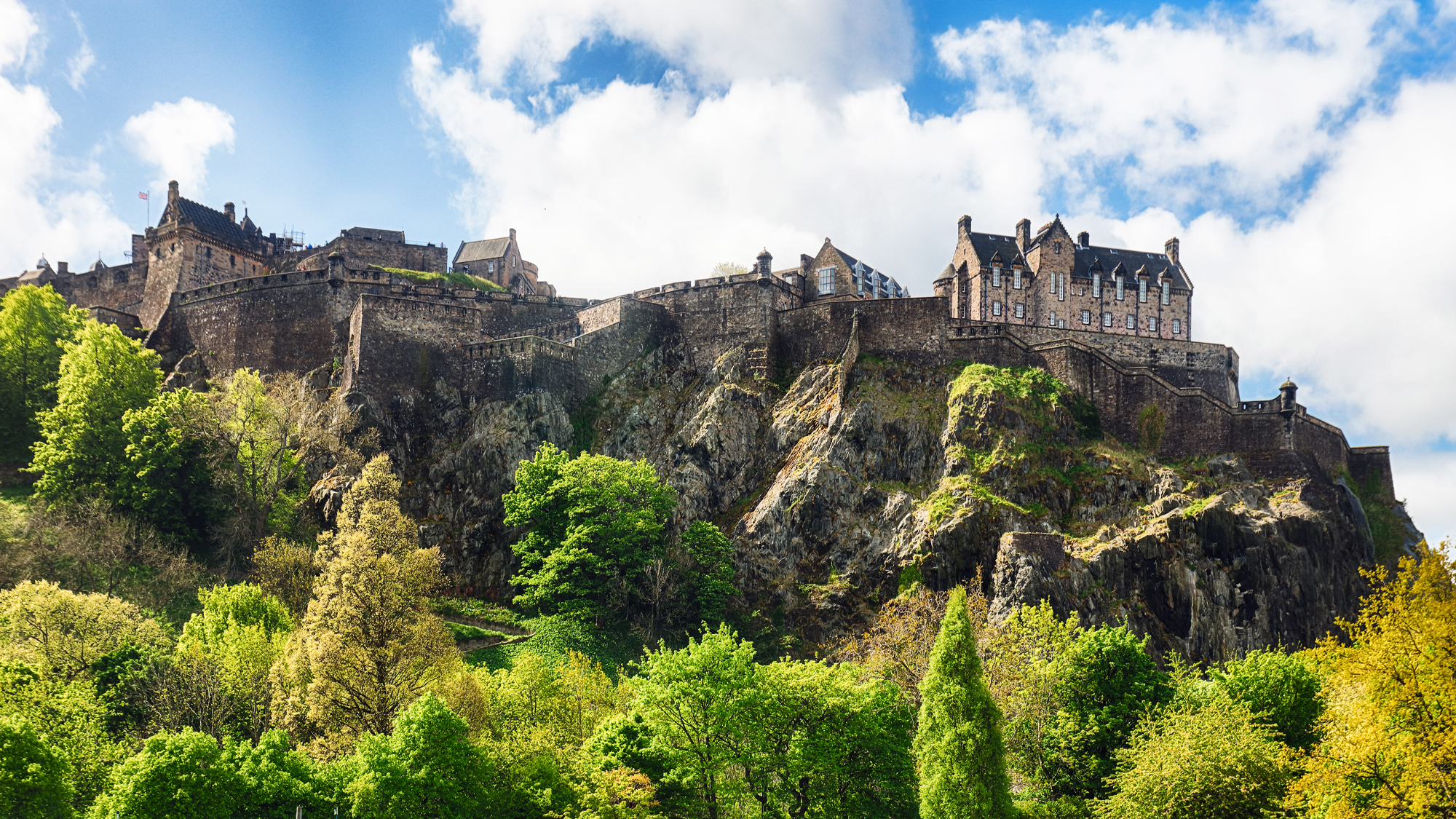
Edinburgh Castle has promised to review a cafe name that critics claim is "deeply offensive to the Scottish people".
Almost 4,000 people have signed a petition demanding that the castle's Redcoat Cafe be renamed because of its links to the British Army's crushing defeat of the Jacobites and the Highland Clearances in the 18th century.
Historic Environment Scotland (HES), which operates the castle, said the cafe's name had been in place since 1992 and reflected "the military history which is told throughout the castle". But the way that people "interpret history is constantly evolving", added the public body, which said it would consider changing the names of both the cafe and the castle's Jacobite function room.
Subscribe to The Week
Escape your echo chamber. Get the facts behind the news, plus analysis from multiple perspectives.

Sign up for The Week's Free Newsletters
From our morning news briefing to a weekly Good News Newsletter, get the best of The Week delivered directly to your inbox.
From our morning news briefing to a weekly Good News Newsletter, get the best of The Week delivered directly to your inbox.
'Elevates British imperial history'
Despite the "steep soup selling price", people have used the castle's cafe for the past 32 years "without much consternation" over its name, said Andrew Learmonth in The Herald.
Yet there was a "flurry of criticism" and "strong emotions" when the cafe reopened last weekend after a refurbishment. The name-change petition said the cafe "glorifies" the Redcoats, who played "a significant role in subjugating Scotland and suppressing its people".
The reason for the sudden outcry could be that "people of a nationalist persuasion" have become more "sensitive about the cause", said Scottish historian Tom Devine. Over the decades, a "fixed belief" has also developed in the "association between Jacobitism being a cause of Scotland versus England", he told the paper.
Yet Scottish troops and Highland regiments have "had a high profile in the British Army" and often wore red tunics, Devine told The Telegraph, so the offence taken over the cafe name was "simply ludicrous and reflects historical illiteracy".
A free daily email with the biggest news stories of the day – and the best features from TheWeek.com
Some nationalist politicians disagree. Chris McEleny, general secretary of the pro-independence Alba party, said the whole of Edinburgh Castle "elevates British imperial history" and should "better reflect all of the ages of Scottish history". He argued that the cafe name was akin to "the White House having a wing named the Red Coat Wing". Douglas Chapman, the Fife SNP MP, said the castle should consider a "swift rebrand" for the cafe.
'Confected outrage'
A politician's "suitability for elected office" should be questioned if the name of a cafe is "enough to trigger" them, wrote Euan McColm for The Scotsman. The "confected outrage" is "difficult to discuss without feeling deep embarrassment on behalf of those speaking out", who have become "programmed to find offence in the slightest thing" to support the independence cause.
The nationalists have used "triviality" to fuel their "resentment of all that is British", agreed Robert Tombs in The Telegraph. In doing so, they are "willing to rubbish their own patriotic heritage". The Jacobite rising had "nothing to do with 'freedom and independence for Scotland'", Tombs said, and many Scots were "much keener on Union than the English". But the idea that many of the "greatest Scottish names were vocal unionists" must be "hard for today's nationalists to swallow".
Richard Windsor is a freelance writer for The Week Digital. He began his journalism career writing about politics and sport while studying at the University of Southampton. He then worked across various football publications before specialising in cycling for almost nine years, covering major races including the Tour de France and interviewing some of the sport’s top riders. He led Cycling Weekly’s digital platforms as editor for seven of those years, helping to transform the publication into the UK’s largest cycling website. He now works as a freelance writer, editor and consultant.
-
 The best limited series of all time
The best limited series of all timethe week recommends Trading cliffhangers and endless renewals for narrative closure
-
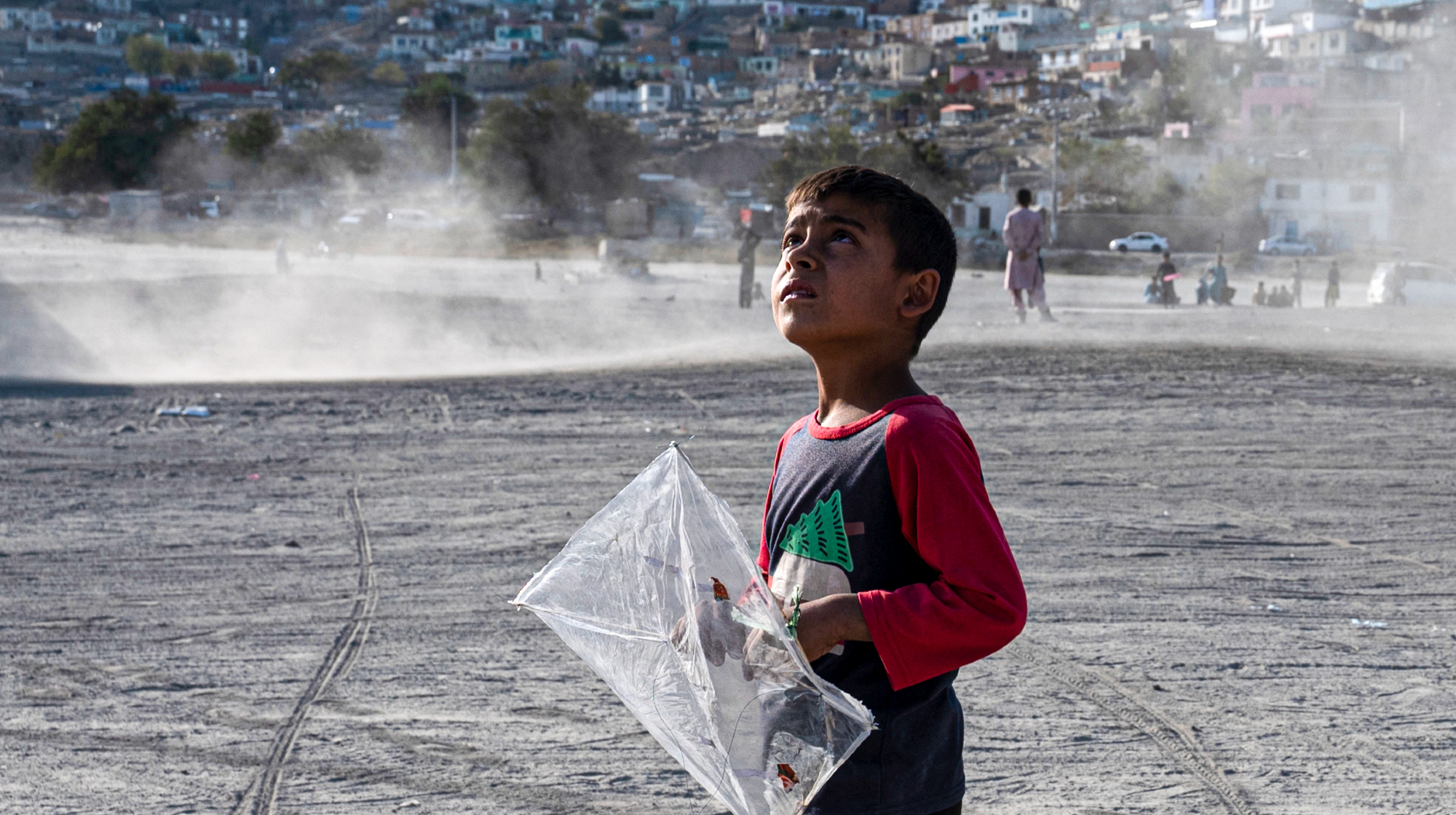 Kabul braces for a waterless future
Kabul braces for a waterless futureTHE EXPLAINER A confluence of manmade and environmental factors makes the Afghan city the first modern capital to risk running out of groundwater
-
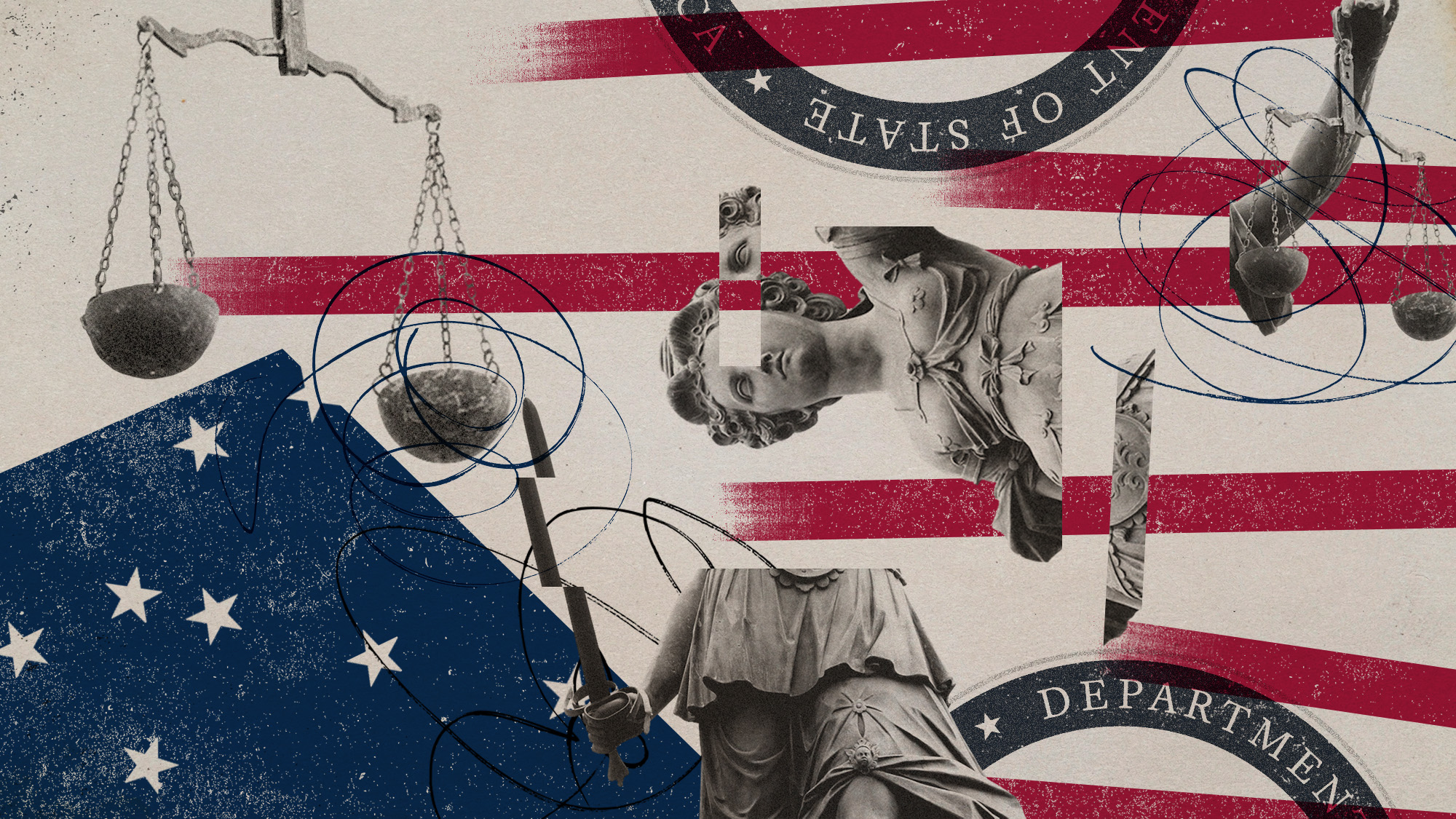 Why has the U.S. scaled down its stance on human rights?
Why has the U.S. scaled down its stance on human rights?Today's Big Question The Trump administration has curtailed previous criticisms of human rights violations
-
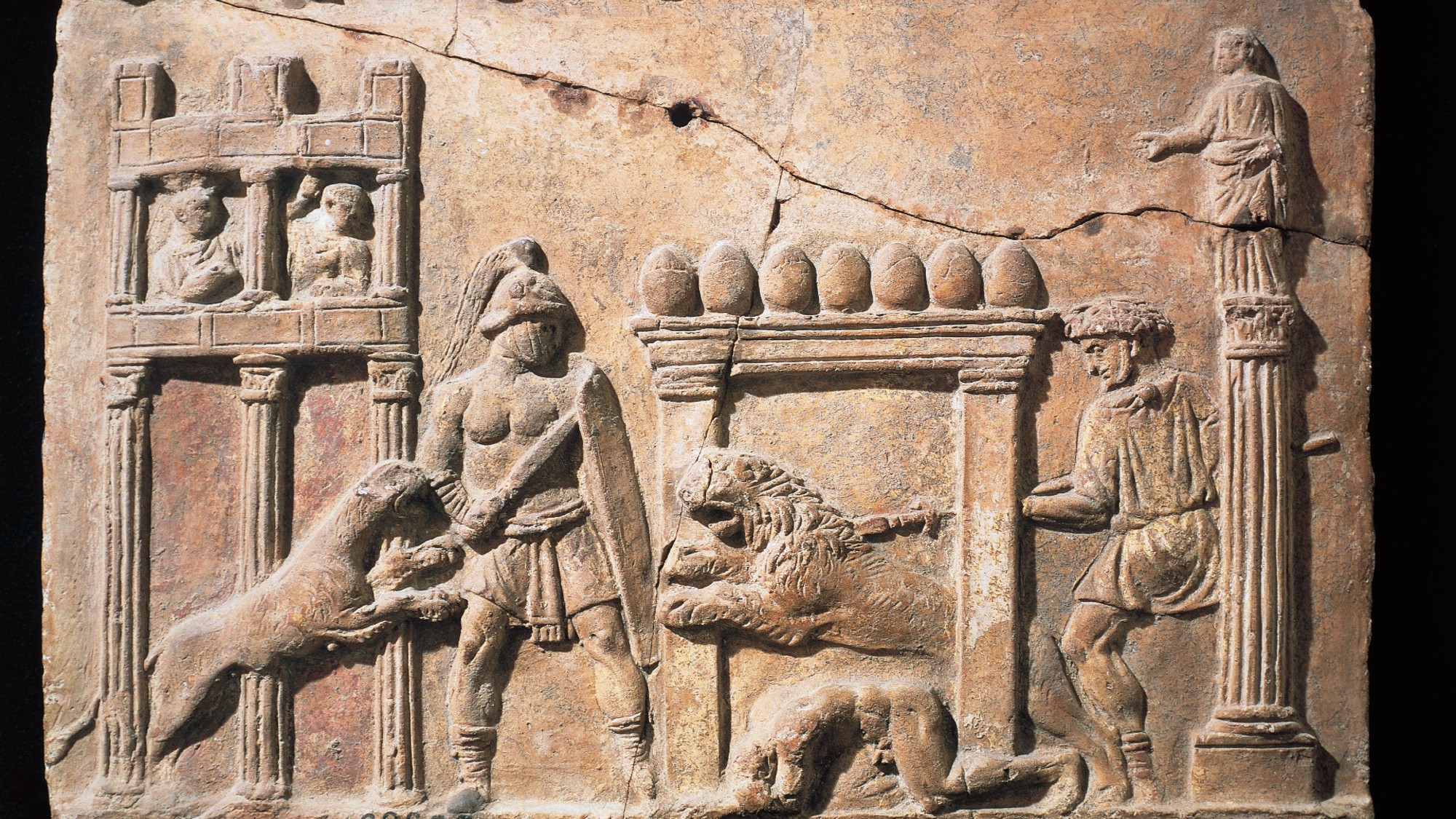 Scientists have found the first proof that ancient humans fought animals
Scientists have found the first proof that ancient humans fought animalsUnder the Radar A human skeleton definitively shows damage from a lion's bite
-
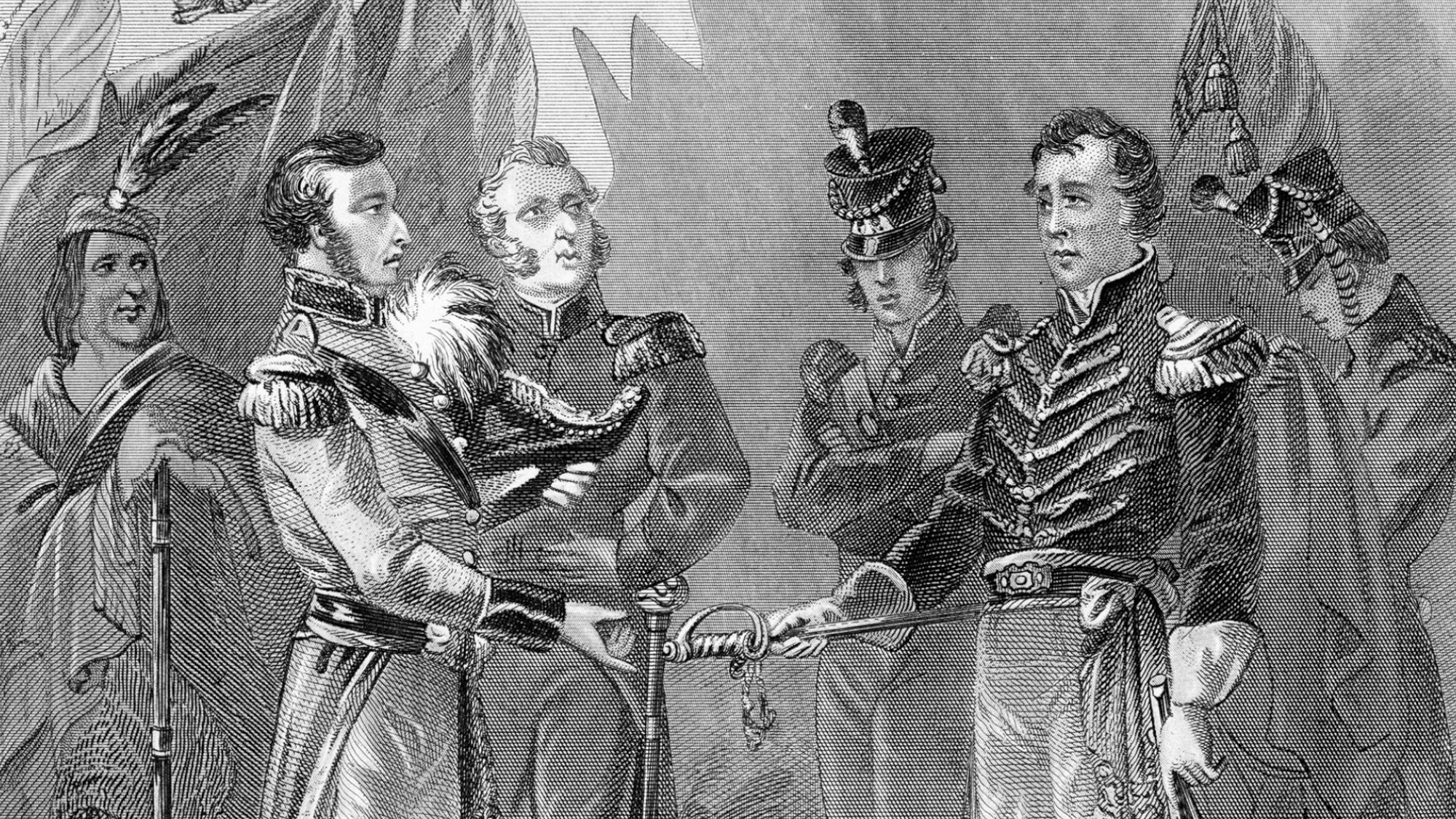 When the U.S. invaded Canada
When the U.S. invaded CanadaFeature President Trump has talked of annexing our northern neighbor. We tried to do just that in the War of 1812.
-
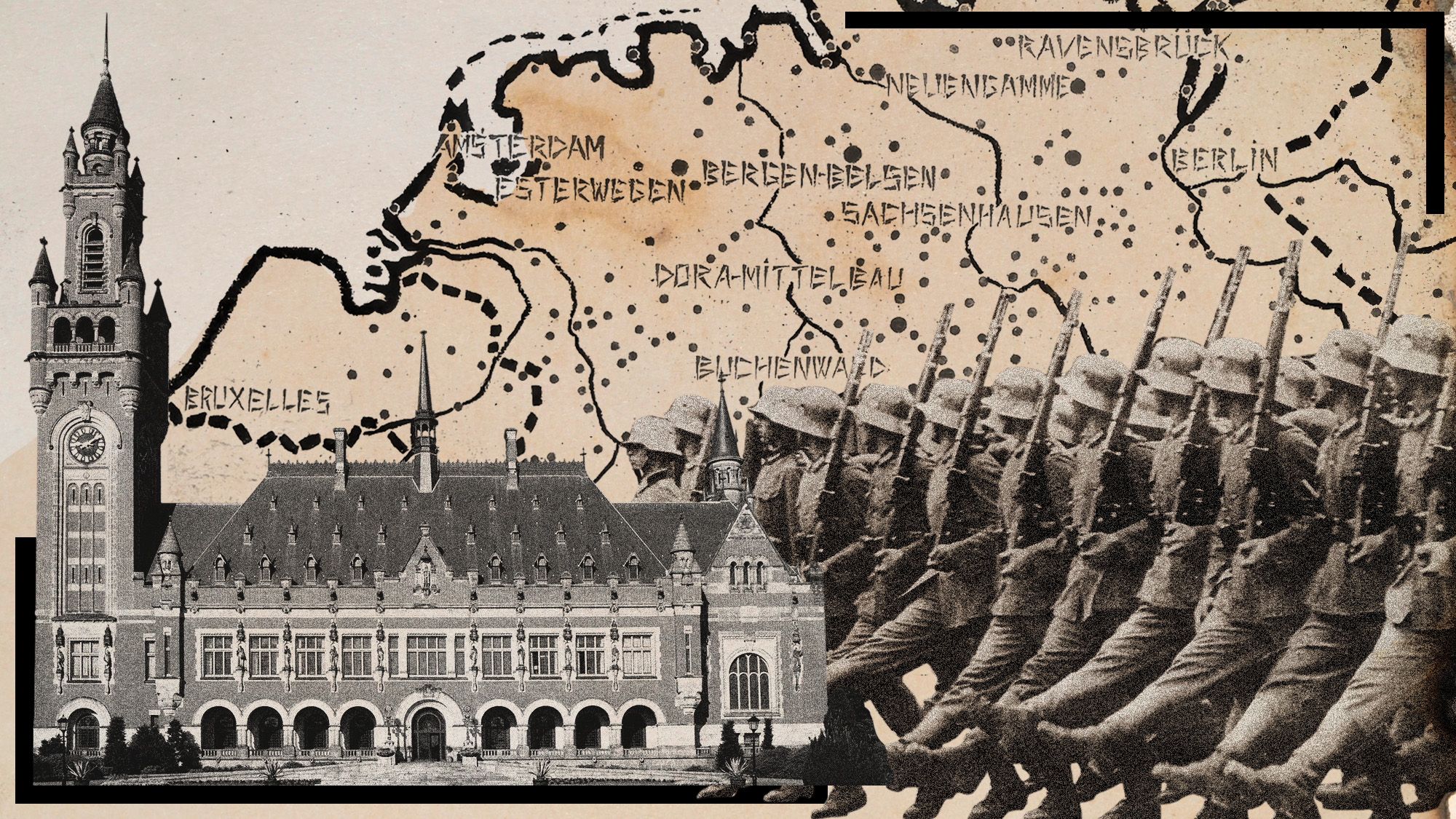 Newly publicized Dutch archives force families to confront accusations of Nazi collaboration
Newly publicized Dutch archives force families to confront accusations of Nazi collaborationUnder the Radar The archives were available to researchers but only recently became publicly accessible
-
 Sudan's forgotten pyramids
Sudan's forgotten pyramidsUnder the Radar Brutal civil war and widespread looting threatens African nation's ancient heritage
-
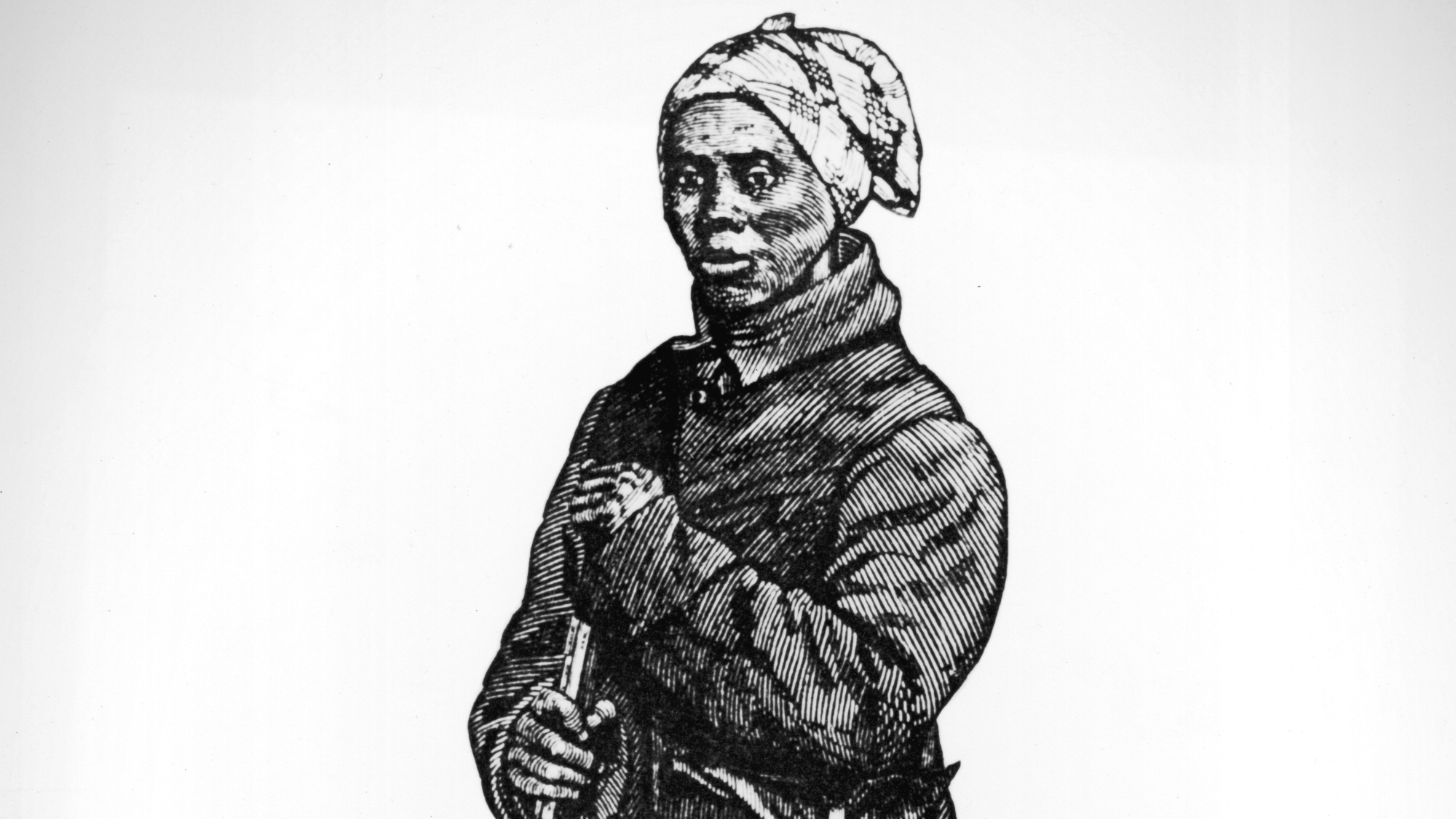 Harriet Tubman made a general 161 years after raid
Harriet Tubman made a general 161 years after raidSpeed Read She was the first woman to oversee an American military action during a time of war
-
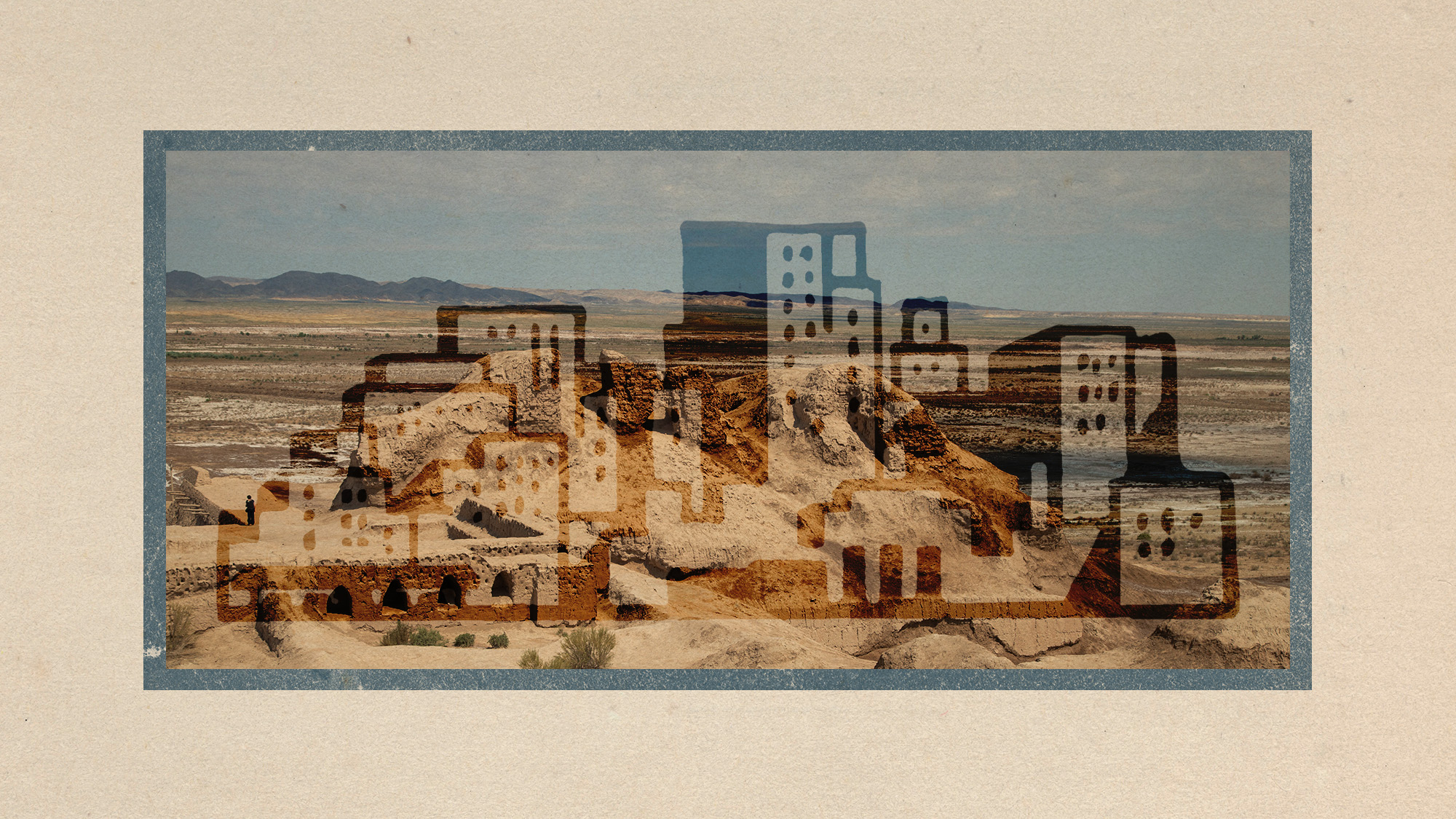 Two ancient cities have been discovered along the Silk Road
Two ancient cities have been discovered along the Silk RoadUnder the radar The discovery changed what was known about the old trade route
-
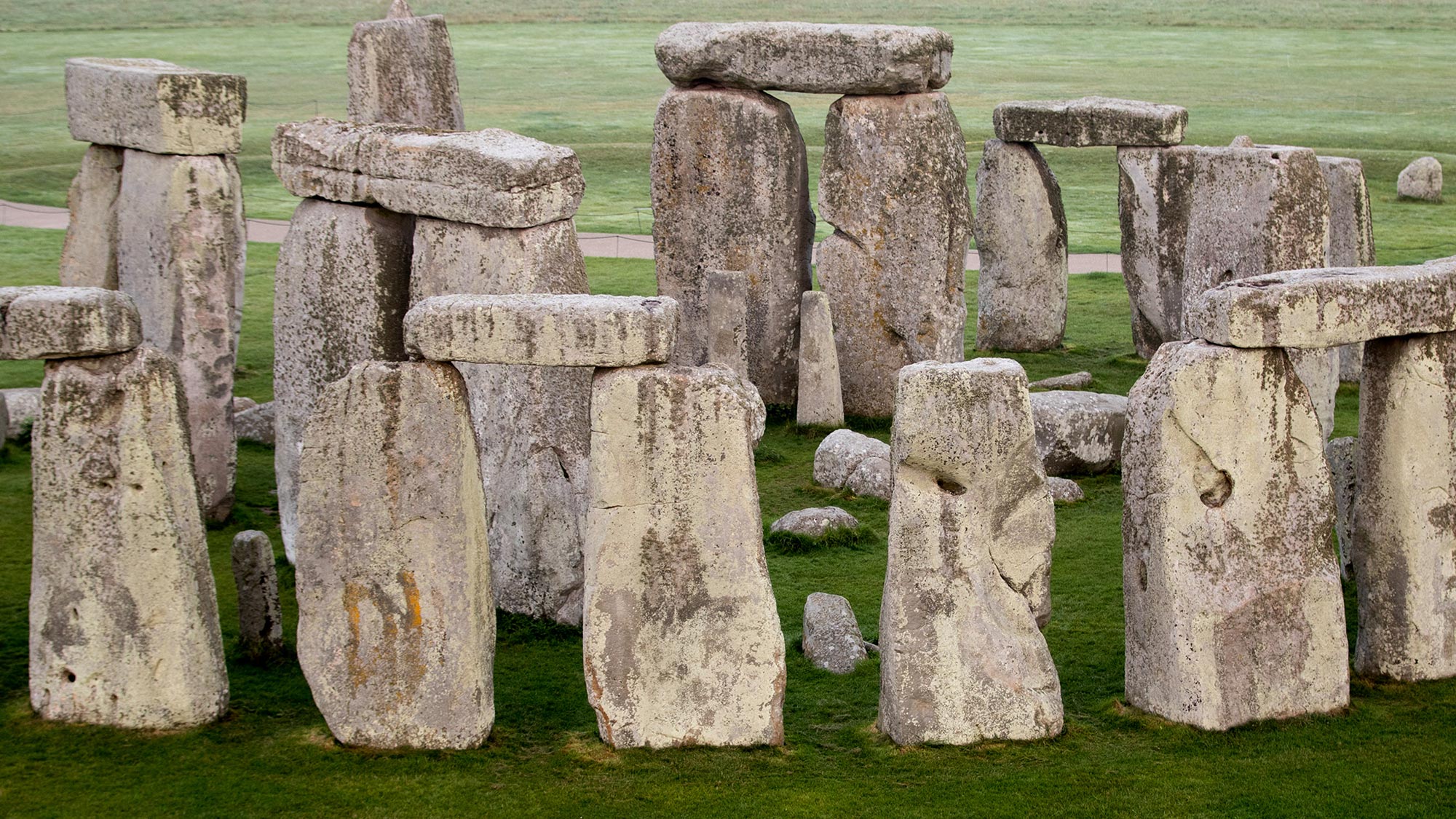 Stonehenge: a transformative discovery
Stonehenge: a transformative discoveryTalking Point Neolithic people travelled much further afield than previously thought to choose the famous landmark's central altar stone
-
 Haredim: Israel's ultra-Orthodox Jews now facing conscription
Haredim: Israel's ultra-Orthodox Jews now facing conscriptionThe Explainer Religious community pays few taxes, receives vast subsidies and has avoided military service, provoking ire of wider society